As I sit here, reflecting on the myriad of experiences that have painted the canvas of my life, I can't help but feel a sense of excitement for what the next chapter holds. You see, stepping into an encore career is like embarking on a grand adventure, one that promises not just new challenges but also immense satisfaction and fulfillment. And if there's one guiding principle that I've come to embrace in this journey, it's the concept of slow productivity.
The idea, though it might seem counterintuitive in today's fast-paced world, isn't about reducing our work output but about enhancing the quality of what we do and how we do it. Cal Newport, a thought leader in this arena, has shed light on the importance of focusing on a few essential tasks, fostering an environment conducive to deep work, and minimizing distractions to elevate our productivity. By adopting these practices, we position ourselves to thrive in our encore careers, ensuring they are not only successful but also deeply rewarding.
Prioritizing Essential Tasks
At the heart of slow productivity is the notion that "less is more." In our encore careers, this means honing in on tasks that yield the greatest impact. The allure of multitasking and spreading ourselves thin across numerous projects is a mirage that often leads to burnout rather than accomplishment. Instead, identifying and dedicating ourselves to a handful of priorities can lead to profound satisfaction and notable achievements.
In my own coaching practice, for instance, I've learned to concentrate on client consultations, crafting insightful content, and pursuing professional development. This focused approach not only ensures that I deliver exceptional value to those I serve but also fosters my growth as an individual and a professional.
Creating a Deep Work Environment
Achieving meaningful work requires undivided attention and a space that nurtures concentration. Deep work, a term popularized by Newport, is about immersing ourselves in tasks that demand cognitive effort without succumbing to distractions. This might involve strategies such as time blocking to reserve specific slots for focused work, establishing clear boundaries with our loved ones to protect our work time, and curtailing the habitual scroll through social media.
Scheduling Downtime and Embracing Rest
Integral to the philosophy of slow productivity is the recognition of rest as a cornerstone of sustained performance and creativity. It's crucial to carve out time for relaxation and pursuits that rejuvenate our minds and spirits. Whether it's through reading, strolling in nature, meditation, or indulging in a hobby, these moments of repose are not just beneficial for our well-being; they are essential.
Fostering a Growth Mindset
A growth mindset, the belief in the potential for development and learning through perseverance and effort, is vital in our encore careers. This perspective encourages us to seek out new knowledge, reflect on our experiences, and welcome feedback as opportunities for advancement. Viewing challenges as stepping stones rather than obstacles can profoundly influence our journey, propelling us toward our goals with resilience and adaptability.
Cultivating Meaningful Relationships
No career, encore or otherwise, thrives in isolation. The relationships we nurture play a pivotal role in our success and fulfillment. Surrounding ourselves with individuals who share our aspirations and values opens doors to new opportunities, insights, and support networks. By engaging in community events, joining forums, and seeking mentorship, we lay the groundwork for a thriving professional ecosystem.
In closing, the path to a successful and fulfilling encore career is paved with intentionality. By embracing the principles of slow productivity—prioritizing what truly matters, fostering deep work, valuing rest, cultivating a growth mindset, and building meaningful connections—we set the stage for a chapter of life that's not only productive but also enriching and enjoyable. Let us step into this adventure with open hearts and minds, ready to embrace all the possibilities it holds. Visit LynnFriesth.com for more insights and guidance on navigating your encore career with purpose, freedom, and flexibility. Together, let's craft a narrative of success, grounded in the principles of slow productivity.
If you’re thinking about starting an Encore Career and aren’t sure what the transition will look and feel like, book a quick call with me to learn more.
I’d love to hear your thoughts…




